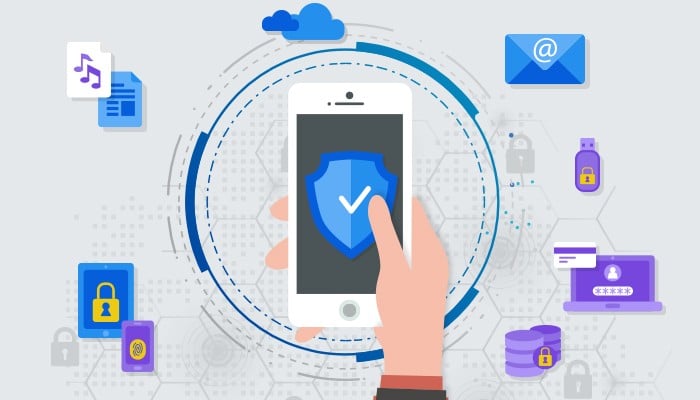Security challenges in mobile technology

In an era where mobile devices are ubiquitous, ensuring the security of these technological extensions of ourselves has never been more critical. With increasing reliance on smartphones for both personal and business use, we face a myriad of security challenges.
This blog post delves into the key issues surrounding mobile security, exploring the latest threats, vulnerabilities, and the measures we can take to safeguard our digital lives against malicious actors.
Understanding the Landscape
The proliferation of mobile technology in recent years has transformed how we communicate, work, and interact with the world around us. However, this convenience comes with a cost - an increased vulnerability to security breaches.
Mobile devices often store a wealth of sensitive information, from personal photos and messages to business emails and financial data. As such, they have become a prime target for cybercriminals looking to exploit any security lapses for nefarious purposes.
Moreover, the mobile ecosystem is diverse, spanning various platforms, operating systems, and apps, each with its own set of security challenges. This complexity makes it difficult to ensure comprehensive protection against threats.
The Most Prevalent Security Threats
One of the primary security concerns in the mobile domain is the risk of malware and viruses. These malicious programs can be inadvertently downloaded from app stores or websites, compromising users' data and privacy.
Phishing attacks, too, have evolved to target mobile users, with hackers employing sophisticated techniques to deceive individuals into disclosing sensitive information.
Additionally, unsecured Wi-Fi networks pose a significant threat, as attackers can easily intercept unencrypted data being transmitted over these networks.
Securing Mobile Devices: Best Practices
To mitigate these risks, it is imperative to adopt best practices in mobile device security. Regularly updating your device's operating system and apps can protect against known vulnerabilities.
Enabling strong authentication methods, such as biometrics or two-factor authentication, adds an extra layer of security, making it harder for unauthorized users to gain access to your device.
Moreover, being cautious about the permissions granted to apps and avoiding the use of public Wi-Fi networks for sensitive transactions can go a long way in protecting your personal information.
The Role of Businesses in Enhancing Mobile Security
Businesses have a critical role to play in fortifying the security of mobile technology. Implementing robust mobile device management (MDM) policies can help control and secure employees' devices that access corporate data.
It is also essential for companies to educate their staff about the risks associated with mobile devices and encourage secure practices.
Emerging Technologies and Their Impact on Mobile Security
Emerging technologies, such as artificial intelligence (AI) and blockchain, have the potential to revolutionize mobile security. AI can be leveraged to detect and mitigate threats in real-time, while blockchain offers a decentralized approach to secure transactions and data integrity.
However, as these technologies continue to evolve, so too will the tactics of cybercriminals. It is a constant race between security professionals and hackers, with innovation playing a key role on both sides.
Conclusion
The challenges of securing mobile technology are considerable, but not insurmountable. By understanding the threats, implementing best practices, and leveraging emerging technologies, individuals and businesses alike can significantly enhance the security of their mobile devices.
As we move forward, the collective effort of the tech community, businesses, and users will be paramount in ensuring that our mobile experience remains both convenient and secure.

Related